
Wilhelm Wundt vida obra e conceitos Psicanálise Clínica
The method of mental chronometry. Using reaction time to measure the complexity of operations --a more complex operation needing more time. A Dutch psychologist by the name of Franciscus Cornelius Donders (1818-1889) is the inventor of the method, and Wundt followed him on this. You can try some of this on Dr Likely's page on reaction times.

PPT Chapter 4 wilhelm wundt and the founding of psychology PowerPoint Presentation ID3202853
Wilhelm Maximilian Wundt (/ w ʊ n t /; German:; 16 August 1832 - 31 August 1920) was a German physiologist, philosopher, and professor, one of the fathers of modern psychology.Wundt, who distinguished psychology as a science from philosophy and biology, was the first person ever to call himself a psychologist.. He is widely regarded as the "father of experimental psychology".

Wilhelm Wundt Biografía Psicología Science
Wilhelm Wundt is considered by many to be the founder of modern psychology. Wundt is known for his groundbreaking work in the areas of structuralism, introspection, and laboratory methods, as well as his contributions to the philosophy of mind. Wundt founded the first experimental laboratory of psychology in Leipzig, Germany in 1879, the.
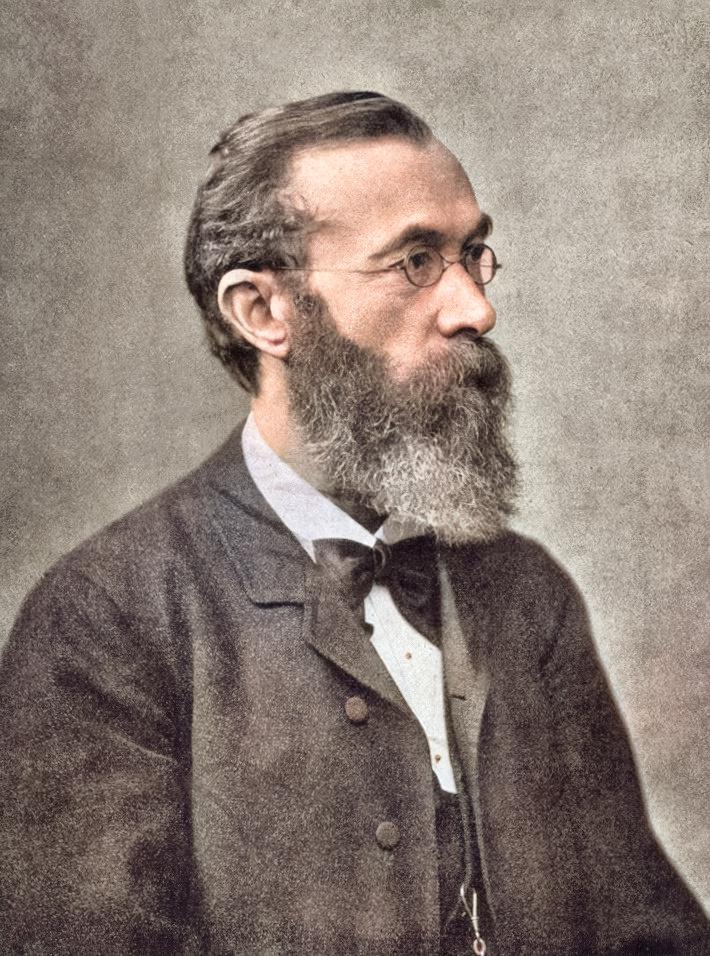
Wilhelm Wundt Father of Experimental Psychology SciHi Blog
Wilhelm Maximilian Wundt (1832-1920) is known to posterity as the "father of experimental psychology" and the founder of the first psychology laboratory (Boring 1950: 317, 322, 344-5), [] whence he exerted enormous influence on the development of psychology as a discipline, especially in the United States. Reserved and shy in public (cf. Kusch 1995: 249, f.), Wundt aggressively.
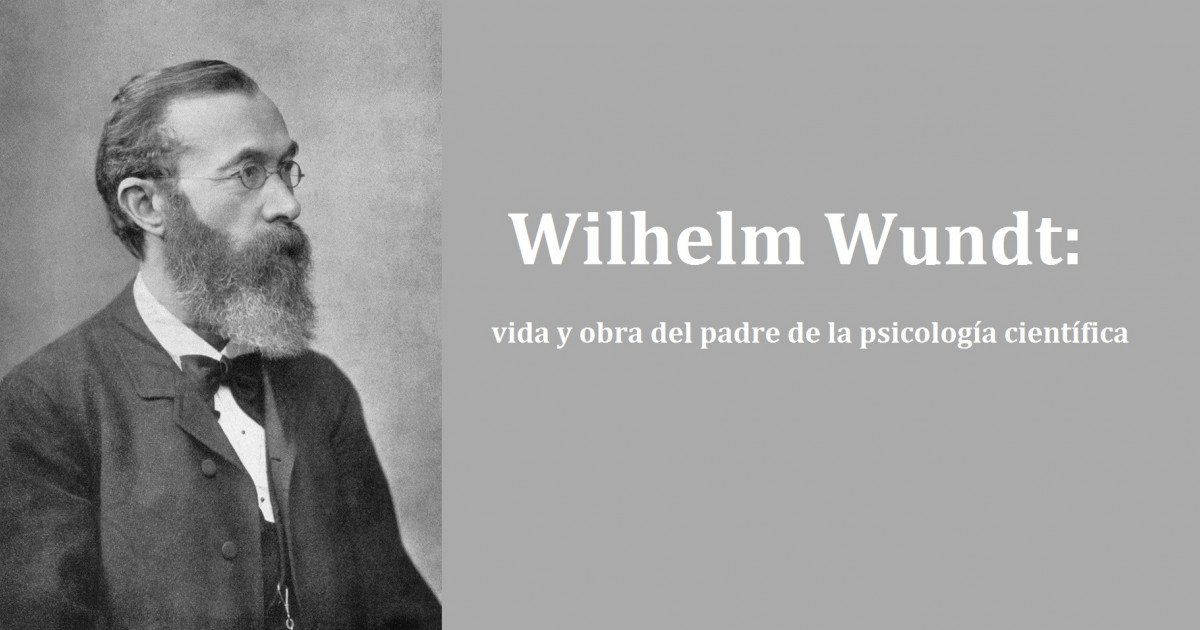
Wilhelm Wundt biografia del padre de la psicología científica
Teori Wilhelm Maximilian Wundt. Wilhelm Maximilian Wundt (lahir 16 Agustus 1832 di Neckarau, Baden, Jerman, dari keluarga intelektual - meninggal 31 Agustus 1920 pada umur 88 tahun) adalah seorang dokter, psikolog, fisiolog, dan profesor, yang sekarang dikenal sebagai penemu psikologi modern. Ia dianggap sebagai "bapak psikologi eksperimental".

Psychology and Wilhelm Wundt (An Introduction to Psychology) YouTube
Wilhelm Wundt was a German philosopher, physiologist, physician, and professor who is widely considered to be the "father of experimental psychology.". He played a major role in establishing psychology as a discipline that is independent of philosophy and was the first person to study the mind using the scientific method.
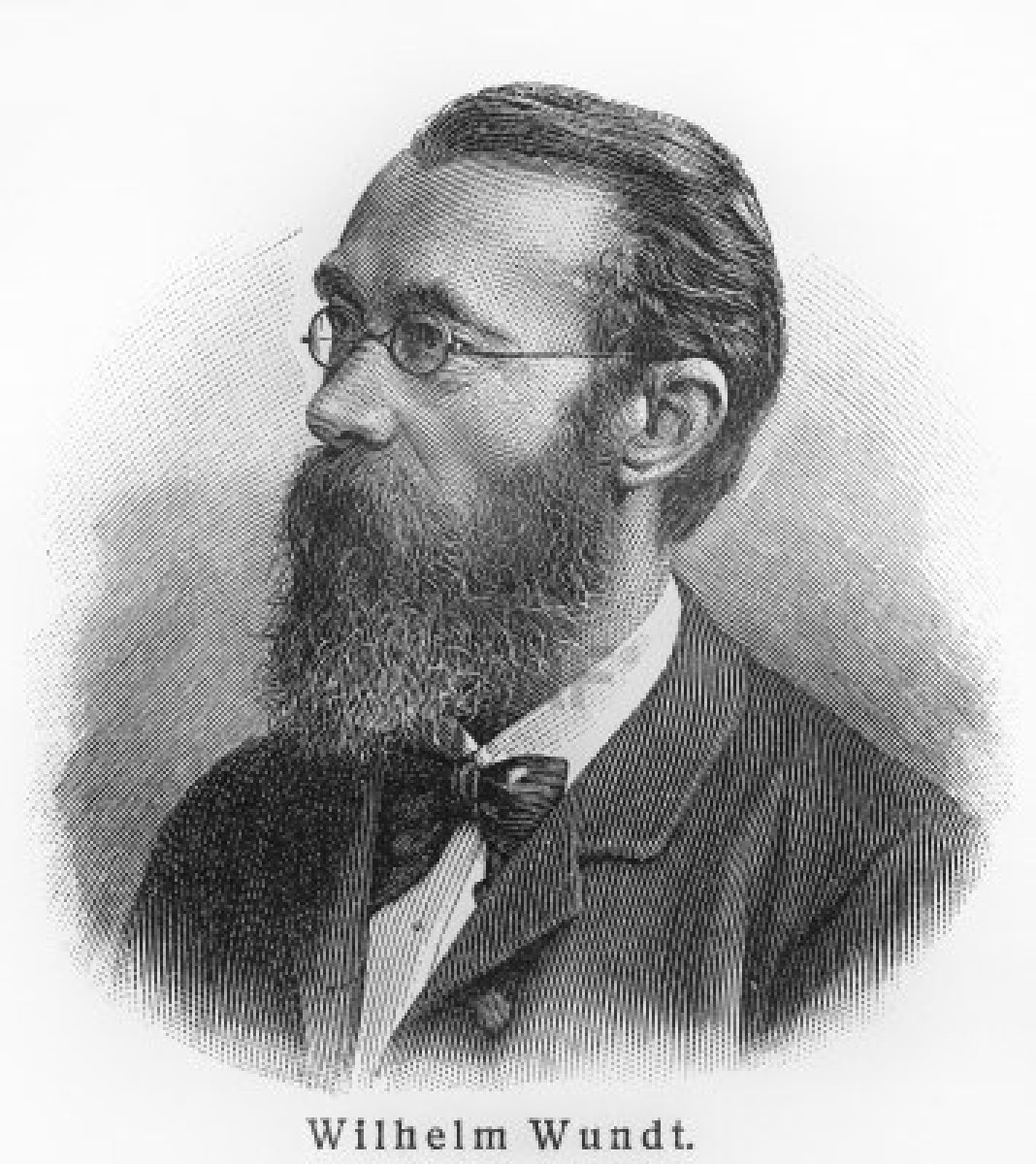
Diario De Una Aspirante A Psicóloga WILHELM WUNDT EL HEROE FUNDADOR
7. Boring 1950: 323-4. In fact, William James had established a psychological "laboratory" at Harvard in 1875 (Ben-David and Collins 1966: 455). By 1890, Boring writes, Wundt "had proved that [a psychological laboratory] could be productive. The researches were increasing and the facts were piling up" (Boring 1950: 325).
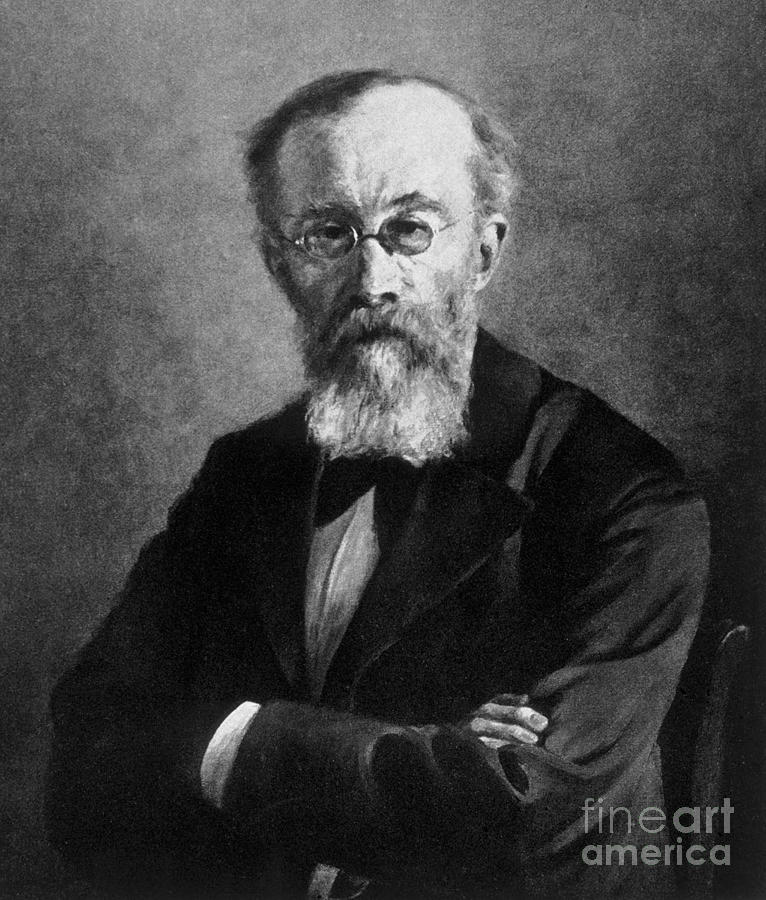
Wilhelm Wundt, German Psychologist Photograph by Science Source
Última edición el 15 de diciembre de 2022 . Wilhelm Wundt (1832-1920) fue un psicólogo, filósofo y fisiólogo alemán, famoso por crear el primer laboratorio de psicología experimental en 1879 en Leipzig (Alemania), el Instituto de Psicología Experimental. Es considerado el padre de la psicología científica.

WILHELM WUNDT PADRE DE LA PSICOLOGÍA TEORÍA RESUMIDA CON EJEMPLOS Y EXPERIMENTOS FT
Olivia Guy-Evans, MSc. Wilhelm Wundt opened the Institute for Experimental Psychology at the University of Leipzig in Germany in 1879. This was the first laboratory dedicated to psychology, and its opening is usually thought of as the beginning of modern psychology. Indeed, Wundt is often regarded as the father of psychology.

TEORI PSIKOLOGI STRUKTURALISME Tokoh WILHELM WUNDT Pendapatnya Utk
Wilhelm Wundt. Wilhelm Maximilian Wundt (16 Agustus 1832 - 31 Agustus 1920) adalah seorang dokter, psikolog, fisiolog, dan profesor, yang sekarang dikenal sebagai penemu psikologi modern. Ia dianggap sebagai "bapak psikologi eksperimental ". [2] [3] [4] Pada tahun 1879, ia mendirikan laboratorium formal pertama untuk riset psikologis di.

Wilhelm Wundt e lo strutturalismo Psiche
Wilhelm Wundt was a psychologist, philosopher and linguist responsible for setting up the first psychology laboratory. He was active in the late 1800s and early 1900s, at a time when the future of.
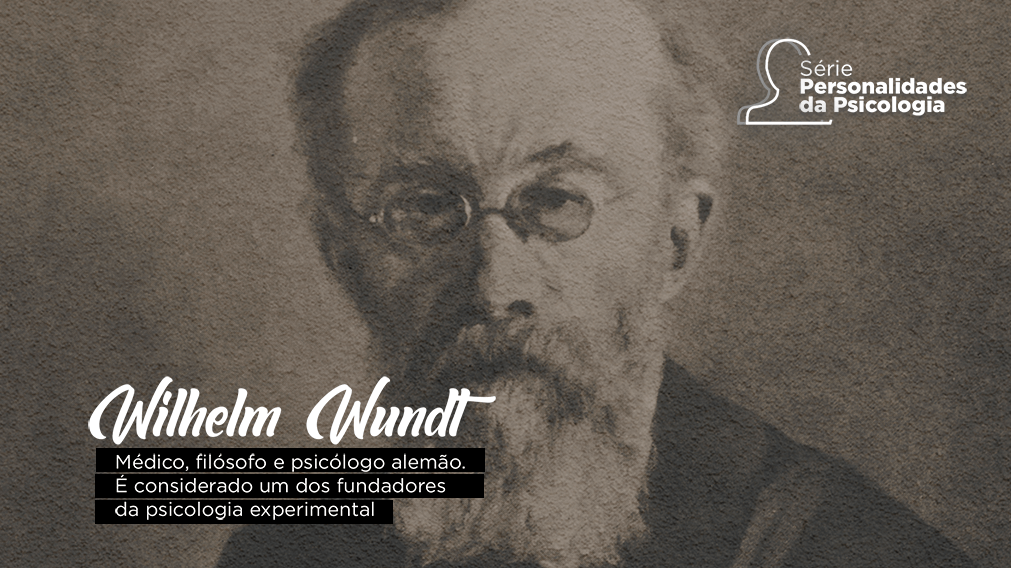
Personalidades da Psicologia Wilhelm Wundt Ciclo CEAP
Wilhelm Maximilian Wundt (b. 1832―d. 1920) was a central figure in German culture between the second half of the 19th century and the first two decades of the 20th century. Coming from a medical and neurophysiological background with a PhD in medicine, Wundt shifted his interest toward psychological and philosophical questions, becoming full.
/wilhelm-wundt-515301540-57719aa45f9b585875f06e7b.jpg)
Profile of Wilhelm Wundt, the Father of Psychology
Discusses the tridimensional theory of feeling given by Wundt, which states that feeling is composed of pleasantness-unpleasantness, excitement-inhibition and tension-relaxation. Describes two experiments in which the theory was tested. The results of the first have been published in Wundt's 'Festchrift', and those of the second, in The American Journal of Psychology. A summary of the two have.

Quem Foi Wilhelm Wundt?O Guia definitivo! YouTube
The Life of Wilhelm Wundt. Wilhelm Wundt was a German psychologist who established the very first psychology laboratory in Leipzig, Germany in 1879. This event is widely recognized as the formal establishment of psychology as a science distinct from biology and philosophy. Among his many distinctions, Wundt is considered a pioneer in psychology.
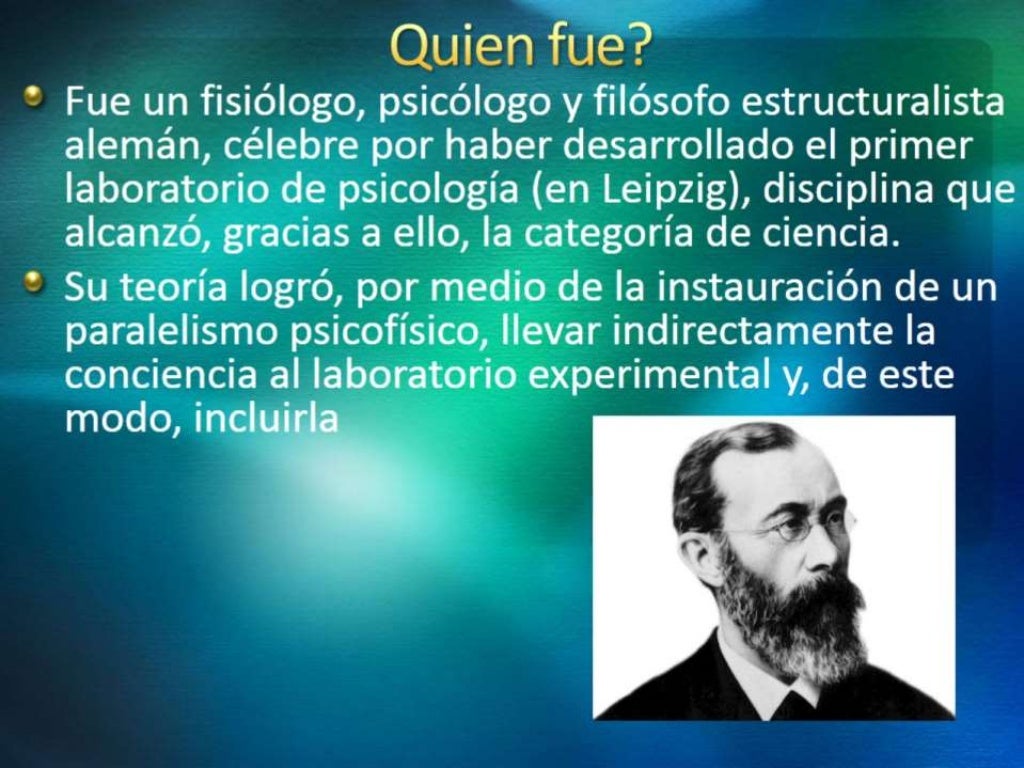
Wilhelm wundt y sus aportes a la psicologia
Wilhelm Wundt, (born August 16, 1832, Neckarau, near Mannheim, Baden [Germany]—died August 31, 1920, Grossbothen, Germany), German physiologist and psychologist who is generally acknowledged as the founder of experimental psychology. Wundt earned a medical degree at the University of Heidelberg in 1856.
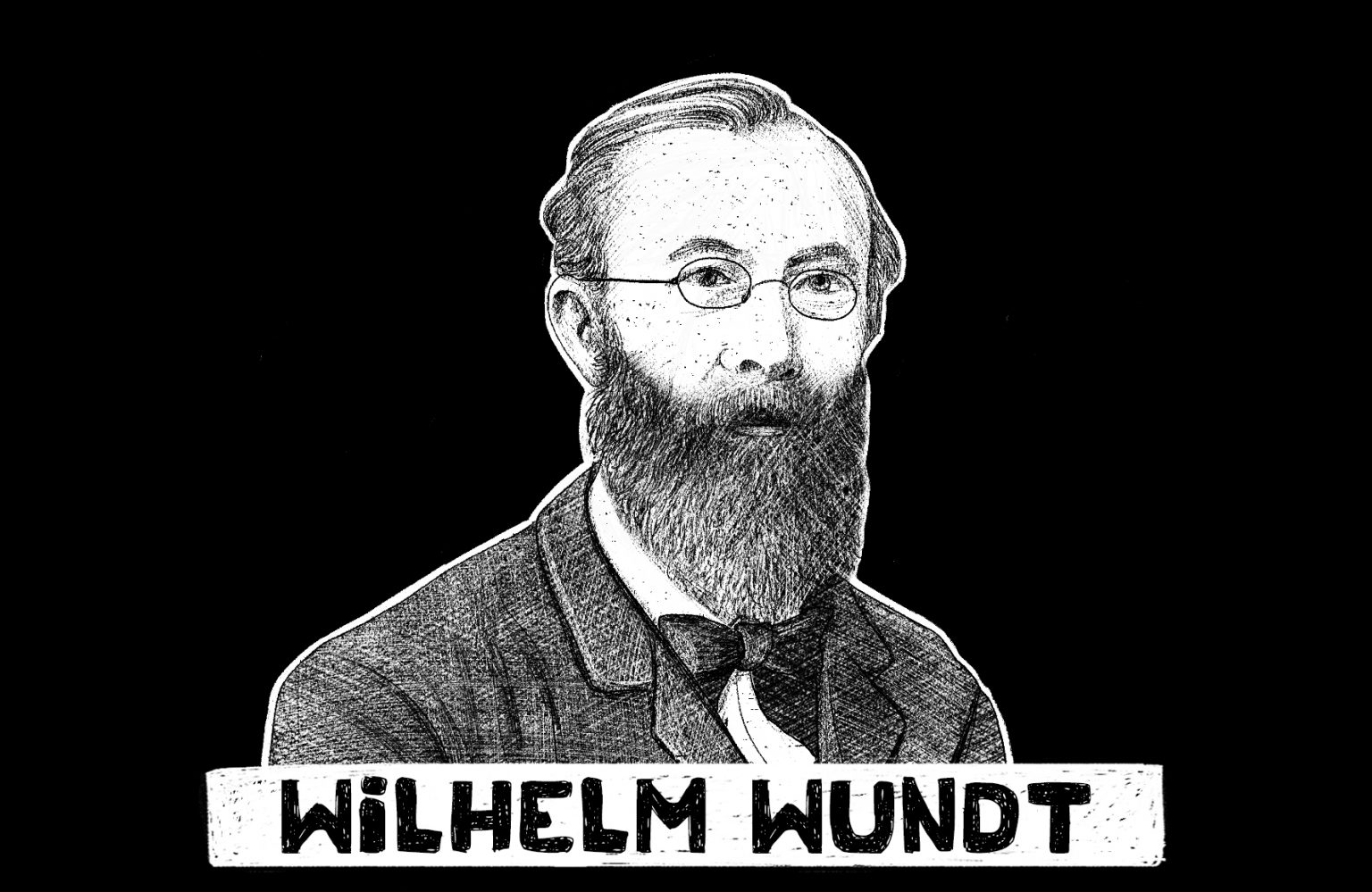
Wilhelm Wundt (Psychologist Biography) Practical Psychology
Wilhelm Wundt (1832-1920) is one of the most famous names in the history of psychology. After passing into oblivion for nearly 60 years, in recent decades he has been celebrated in general psychology textbooks as the founding father of scientific psychology. However, this traditional portrait is incomplete and can lead to misunderstandings.